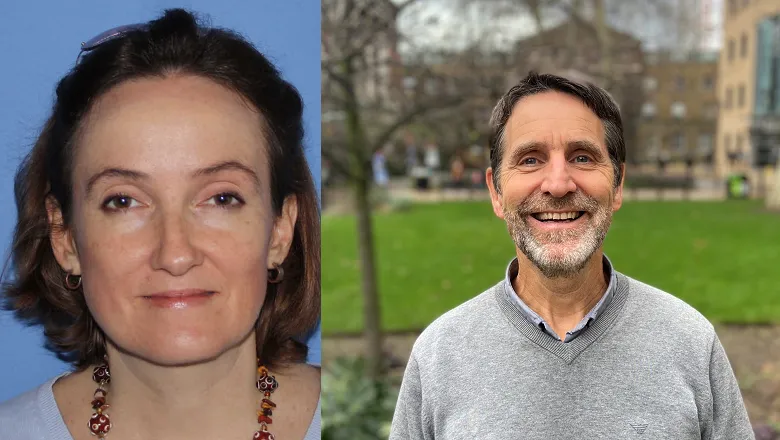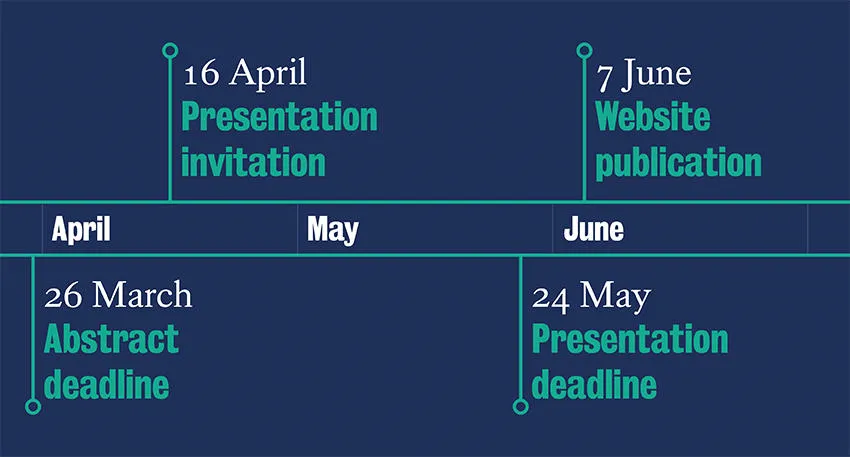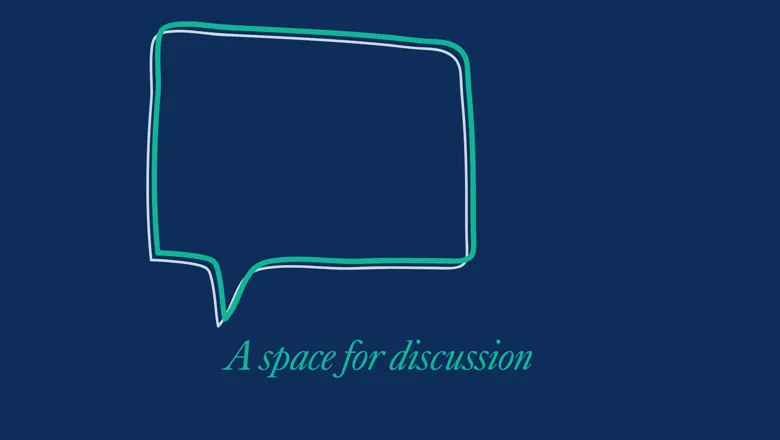16 March 2020
Professor Sarah Hean, King's CAIPE Conference 2021 speaker
Sarah speaks about her work and the talk she will be giving at the conference taking place 18-20 June 2020.

The King's CAIPE Conference 2021: Reduction of Harm Through Interprofessional Education and Collaborative Practice will have a novel format: attendees are invited to submit video presentations rather than poster presentations. Videos will be made available in advance of the conference, published online for attendees and other interested parties to see. Video presentations will be clustered thematically, with these clusters informing the organisation of conference working groups.
(This article was edited on 23 March as the conference was postponed in response to the coronavirus pandemic.)

In keeping with the use of video at the conference, Professor Rick Iedema, conference co-chair and Director of the Centre for Team-Based Practice & Learning in Health Care, put four questions questions to keynote speaker Sarah Hean, a Professor of Social Work at the University of Stavanger, and former Professor of Social Sciences at Bournemouth University:
- How did you get interested in interprofessional learning?
- Tell us about some of your own work in this field?
- What do you see as the field's most important opportunities and challenges?
- What will you talk about at the conference?
Below you can watch her video response as well as read a written response to the last question, what she will talk about at the conference.
- What will you talk about at the conference?
'Working with Siw: The role of the academic in collaborative professional practice.'
The presentation will begin discussing some of the wicked problems facing collaborative practice of professionals working with vulnerable service users and use, by way of illustration, the Siw case, a well known case of how someone at the margins of society and highly vulnerable was let down by highly committed professionals but in the end people working in an environment of limited interagency collaboration in my region of Norway. I explore levels of responsibility that society has for people like Siw, in terms of personal, professional, citizen, educator and researcher responsibility and argue that researchers of collaborative practice and interprofessional education have a responsibility to be more than observers of practice but instead be active facilitators of change. This show cases our work in the COLAB consortium in which the potential of participatory interventions such as the Change Laboratory are being explored in the Criminal Justice context. The CL is a researcher facilitated tools for social innovation, interagency or interprofessional collaboration and expansive learning.I explore some of the challenges to this taking this active stance, that includes those facing academic-practice relations, the impact of differing ethical stances in academia and practice when working with cases such as Siw, and further, since the recent events at London bridge, how we in COLAB, and others like us, may need to re-examine our stance as active facilitators of change on the one hand and the harm that may result from operationalising this, on the other.

